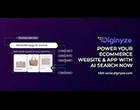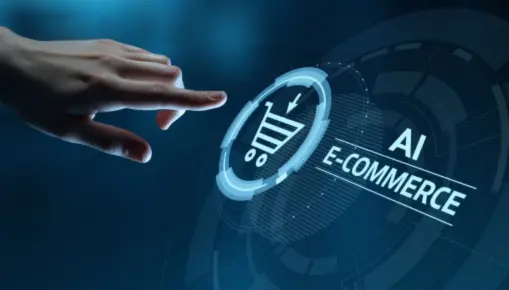
The future of retail is digital, and AI is the driving force behind it. Small businesses that adopt AI tools early will have a competitive advantage as the e-retail landscape continues to evolve.
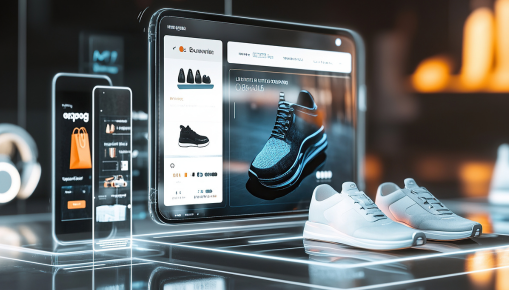
This blog explores the key differences between AI-powered and traditional eCommerce platforms, comparing their features, benefits and limitations. By the end you will know which eCommerce builders

Ready to unify your business, eliminate inefficiencies and scale smarter? Explore the Diginyze eCommerce Connector and see how connective eCommerce can transform your growth.
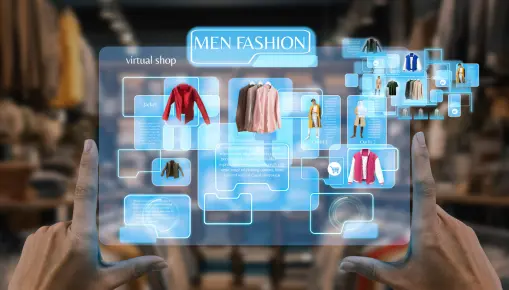
Starting an eCommerce business today isn’t just about launching a store; it’s about building a smarter, scalable, and customer-first experience. In this blog, we’ll break down how to start an

This blog walks you through 9 of the biggest challenges U.S. enterprises are Googling right now and how Diginyze’s AI-powered enterprises eCommerce solution answers every one with clarity, speed, and

Google’s AI Overviews are reshaping search visibility in 2026, causing traffic drops across eCommerce. This blog explains what’s changing, how it affects B2B and B2C brands

Explore how AI is transforming eCommerce site search, making it more intuitive and efficient for businesses across B2B, B2C, D2C, and C2C industries.
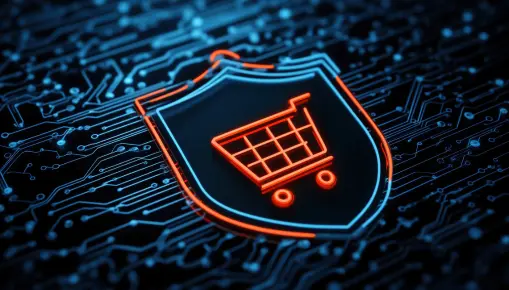
Discover the top 10 cybersecurity threats that could cripple your eCommerce business (and how to stay 10 steps ahead).
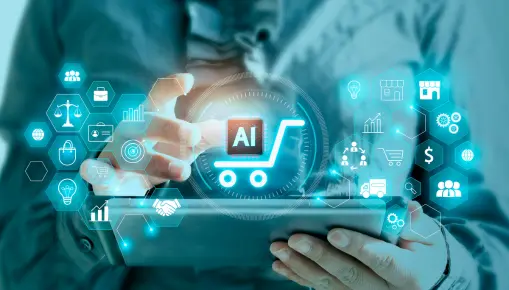
Ready to make your online store future-proof? Discover how Diginyze AI-powered eCommerce builder is shaping the future of U.S. retail, boosting efficiency, and driving growth!

In this post, we’ll walk you through how you can start a quick-commerce fashion marketplace in the U.S. in a way that resonates with today’s impatient, yet brand-loyal, customers.
Recent Blogs
Explore latest insights and trends in technology and eCommerce.
Case Studies
Your Digital Transformation Starts Here!
Join thousands of businesses transforming with Diginyze. Sign up today and start now!











